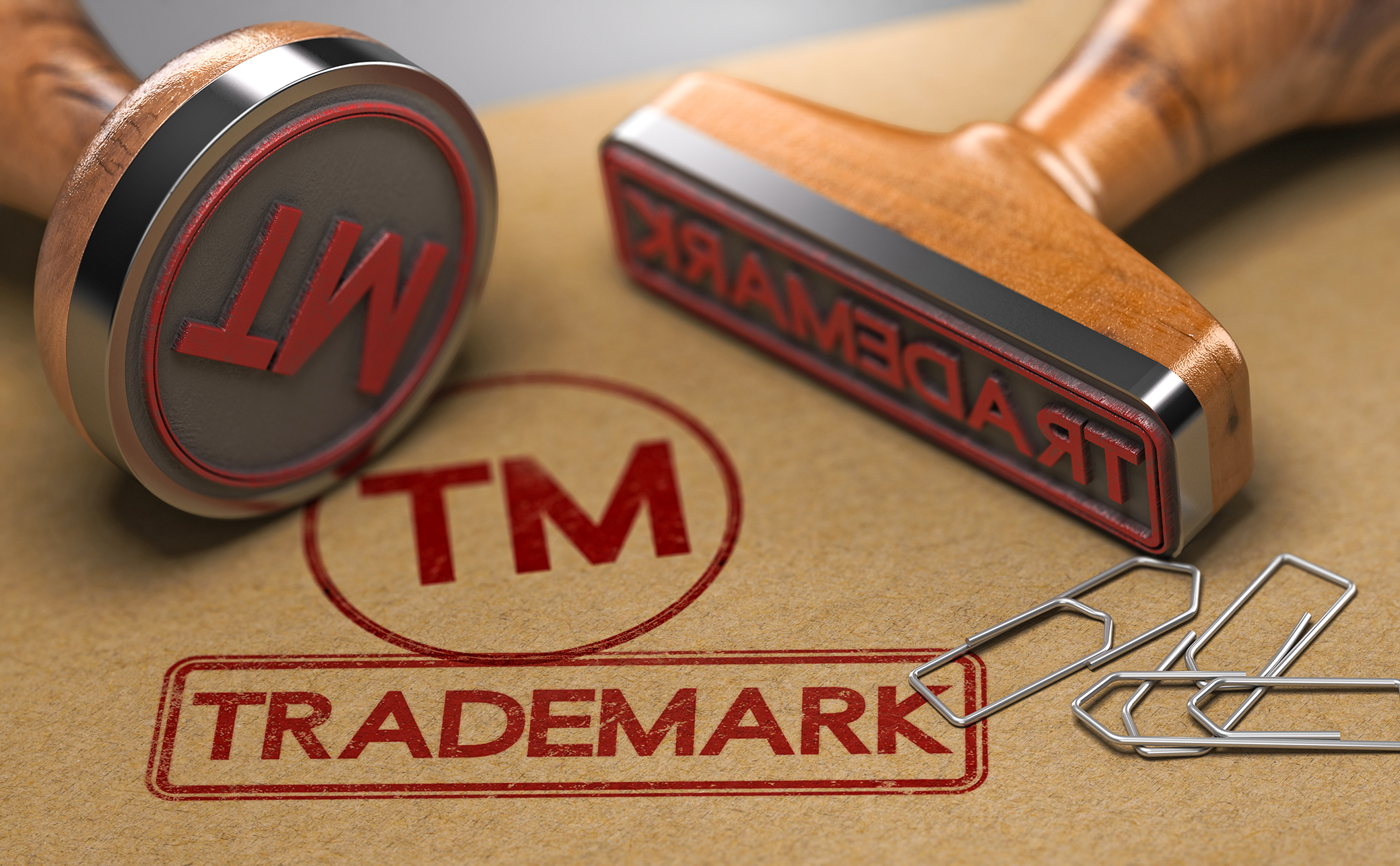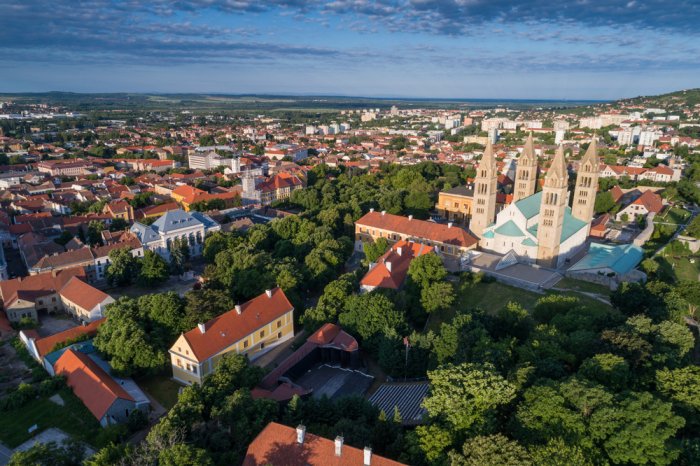Automotive: People, Suppliers and Technology

HIPA
The minister of foreign affairs and trade called on the auto industry to continue to help in the education of its future workforce at the annual automotive conference organized by the Hungarian Investment Promotion Agency.
Andreas Tschiesner, head of automotive and assembly Europe at McKinsey, delivers his keynote presentation on leading automotive industry intelligence and global and regional trends.
Speaking at the May 29 conference in the Kempinski Hotel Corvinus Budapest, Péter Szijjártó told the audience of 200 invited delegates: “Since 2010, the sector has played a key role in both job creation and the economy’s dimensional transition, and is retaining its priority position during the course of newer transitional processes, in the era of high added value technologies.”
Stressing the importance of a trained workforce, the minister cited the example of a cooperation center run by Audi and the Széchenyi István University in Győr that is soon to open, and asked manufacturers to continue contributing to the education model with their ideas and suggestions.
Szijjártó said the importance of the Hungarian automotive industry to Hungary’s economy is clearly indicated by the fact that the sector’s production value has increased from an annual HUF 3.6 trillion (around EUR 11 billion) in 2010 to HUF 8.5 tln (EUR 26 bln) in 2018; during the first quarter of this year, the figure was already approaching HUF 2.5 tln (EUR 7.6 bln).
“In addition to the large automotive industry manufacturers producing vehicles in Hungary, 15 out of the world’s 20 largest automotive industry suppliers and three of the five Far Eastern giant corporations with an interest in electromobility have already appeared in Hungary,” the minister pointed out.
He said electric vehicles would be one of the most important development opportunities of the Hungarian automotive industry, along with the rapid development of self-driving technologies and the digital infrastructure to support it, noting that Hungary’s progress in the latter regard remains well ahead of the EU’s digitalization schedule.
Szijjártó also trailed the government’s then soon-to-be-unveiled Economy Protection Action Plan, which he said would encourage a long-term, high rate of economic growth that was “at least 2% higher than the EU average”. He said the latest measures would support the private sector through further reductions in both tax and bureaucracy, the modernization of vocational training and the expansion of the dual training system.
“In addition, the automotive industry will also be assisted through the expansion of the budget available to suppliers,” the minister added.
Real Significance
HIPA president Róbert Ésik said he believed the real significance of the automotive industry lies in the fact that it provides more opportunities for Hungarian companies to link to international value chains than any other sector.
“For this reason, the agency has performed a survey of the companies operating here to help understand manufacturer plans and strategies. The data is also helping decision-makers adjust funding and incentive measures to the requirements of those involved,” he explained.
This survey was a first for HIPA, and as previously reported in the Budapest Business Journal (see our Automotive Special Report in the May 24 issue), the survey is representative of the industry. According its foreword, during April and May of this year representatives of 49 automotive companies completed the survey.
“Subsequent interviews were focused on issues such as the Hungarian business environment, market and technology trends, investment opportunities, relationships between OEMs [original equipment manufacturers], and HR related matters,” it says.
Some two-thirds of the companies polled regard robotization as the most important challenge of the upcoming years with relation to their operations in Hungary, while 82% said they are planning to expand their production capacities and 63% their logistics capabilities over the next two years.
Hiring Problems
Not surprisingly, given the ever tighter labor market, a significant proportion (61%) of manufacturers expect to encounter difficulties in hiring trained staff. Despite that, some 59% are planning to increase their workforce within the next 12 months, 18% of which plan to employ a further 101 or more staff (2% plan more than 500 hires).
Permanently unfilled vacancies exist in manufacturing in the case of 62% of the survey participants, while approximately 30% of the respondents emphasized that more effort is needed to fill vacancies in quality assurance and logistics.
Although the investment and job creation numbers within automotive have been impressive in recent years, the conference was not self-congratulatory in tone. In a round table discussion on “The Future of the Automotive Industry”, Ésik, who was acting as moderator, asked the six representatives of the manufacturers with a presence in Hungary (Audi, BMW, Jaguar-Land Rover, Mercedes-Benz, Opel and Suzuki) what the country could do better.
László Urbán, deputy managing director of Magyar Suzuki Corporation, said infrastructure, education, and links between academia and industry all remain key.
“Esztergom [where Suzuki is based] is close to Budapest [around 50 km], but it is not all. I think the most important thing is that whatever or however we call the education – dual education, vocational education, traineeship – we have to get companies and education closer to each other. We are trying. We have with Budapest Technical University already a more than 20 year cooperation agreement, and we are also fighting to have an IT faculty of Pázmány Péter [Catholic] University in Esztergom.” He said the company had not been successful thus far, but would continue to lobby for it.
The roundtable was followed by a keynote presentation by Andreas Tschiesner, head of automotive and assembly Europe at McKinsey, the American worldwide management consulting firm, on “Leading Automotive Industry Intelligence and the Latest Global and Regional Automotive Trends, Advanced Mobility and Digital Solutions”. Three breakout workshops then covered the key themes of the conference: Technology and Innovation; HR and Education; and Suppliers.
Additional reporting by MTI.

Péter Szijjártó, Minister of Foreign Affairs and Foreign Affairs, speaking at the HIPA Automotive Conference at the Kempinski Hotel Corvinus in Budapest on May 29. Photo: HIPA.
SUPPORT THE BUDAPEST BUSINESS JOURNAL
Producing journalism that is worthy of the name is a costly business. For 27 years, the publishers, editors and reporters of the Budapest Business Journal have striven to bring you business news that works, information that you can trust, that is factual, accurate and presented without fear or favor.
Newspaper organizations across the globe have struggled to find a business model that allows them to continue to excel, without compromising their ability to perform. Most recently, some have experimented with the idea of involving their most important stakeholders, their readers.
We would like to offer that same opportunity to our readers. We would like to invite you to help us deliver the quality business journalism you require. Hit our Support the BBJ button and you can choose the how much and how often you send us your contributions.











